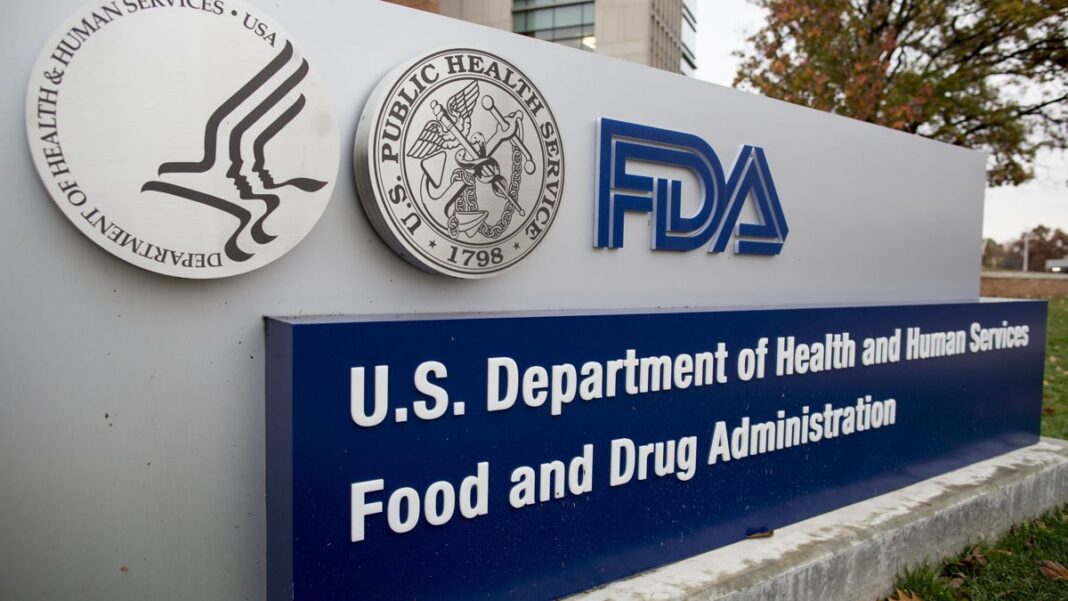New York billionaire and refiner John Catsimatidis warned that rising interest rates could produce ill effects on the U.S. economy.
The White House’s “obsession” against “turning on North American oil spigots” has triggered a significant hike in energy costs and inflation, Catsimatidis told Fox Business on Tuesday. He noted that the Biden administration asked Saudi Arabia and other nations for more crude oil production rather than boosting domestic output.
“We have 100 years’ worth of oil [in the U.S.]. Let [the government] open up the spigots and the price of crude oil will come back down to $55, $60, maybe $65—half,’” said Catsimatidis, the head of the United Refining Company and also the Gristedes Supermarkets retailer.
He added that the Federal Reserve’s choice to hike interest rates amid high inflation and soaring energy costs could trigger a recession. Other high-profile business leaders have issued similar warnings in recent weeks. Federal data for April indicated the inflation rate has risen 8.3 percent, while AAA data suggests the average price for a gallon of regular gas is nearing $5.
“Somebody’s on the path to destruct America, and somebody’s got to say ‘guys, enough is enough,’” he told Fox. “You know what the cost has been to the American people because of the rising gas prices—the cost of the rising food prices—it’s going to go even higher with $120 oil,” Catsimatidis said.
White House officials this week suggested that there is little the administration can do to alleviate high costs at the pump. They’ve primarily cast the blame on the conflict between Russia and Ukraine, along with oil companies.
“You know, this is, in large part, caused by [Russian aggression],” Commerce Secretary Gina Raimondo alleged in a recent interview with CNN. “Gas prices have gone up over $1.40 a gallon” since Russian troops moved closer to Ukraine’s border earlier this year, “and the president is asking for Congress and others for potential ideas,” she said.
Republicans have said Biden’s executive orders—including a flurry of rules that were authorized after President Biden took office in January 2021—have driven up the public and private costs of oil drilling in the United States by halting drilling on public lands and canceling the Keystone XL pipeline, which would have brought crude oil from Alberta, Canada, to the interior U.S.






